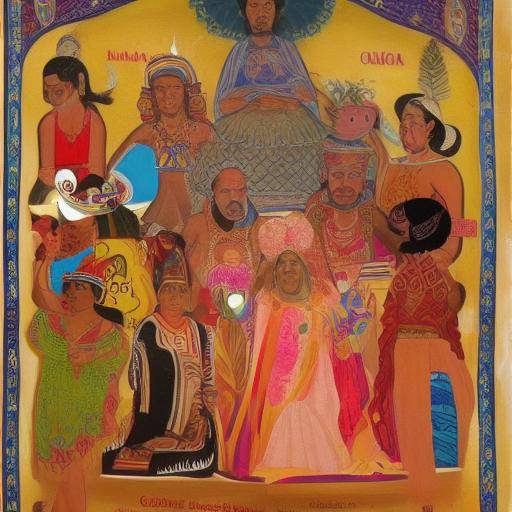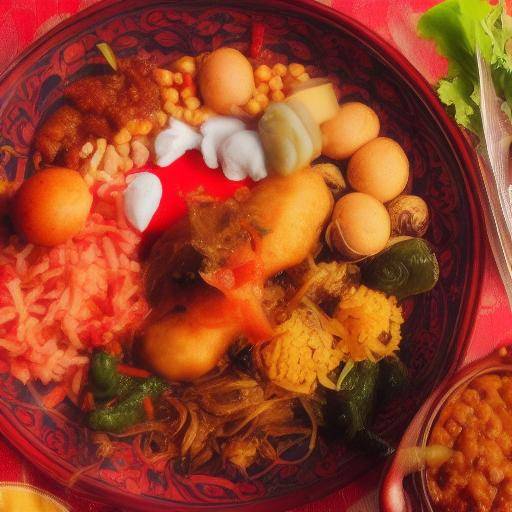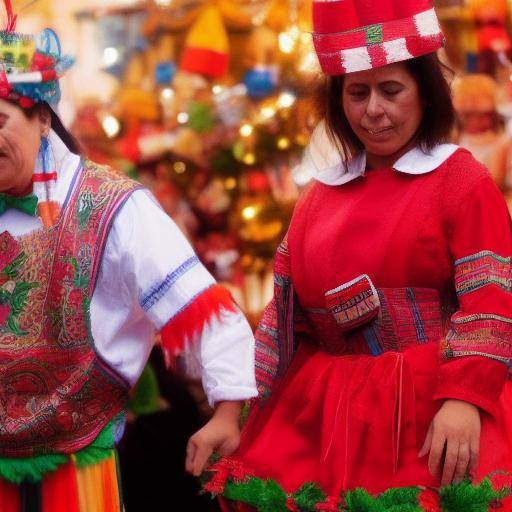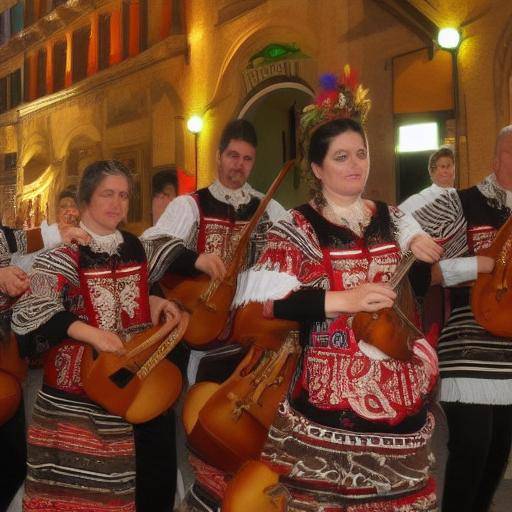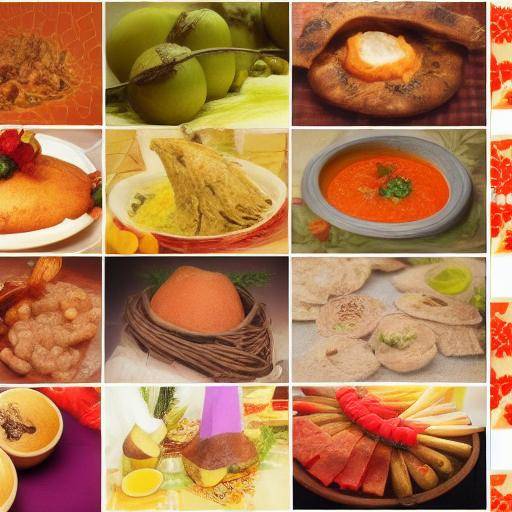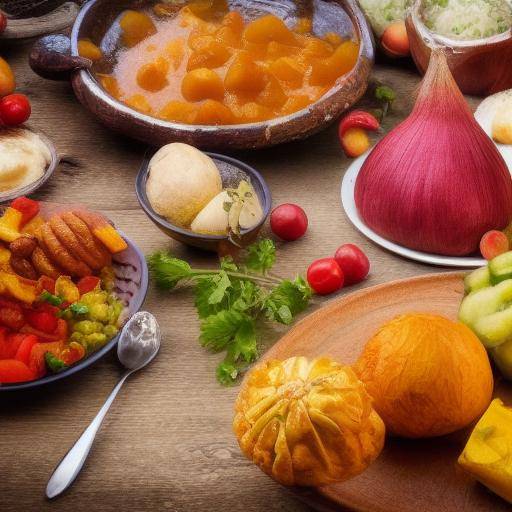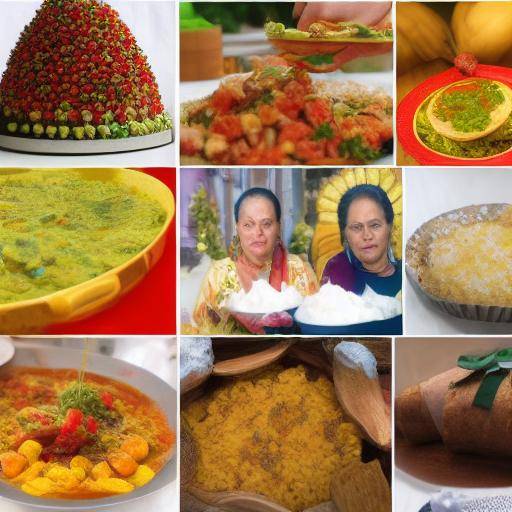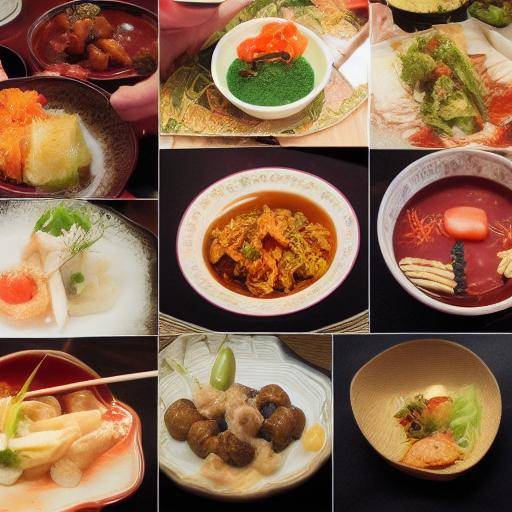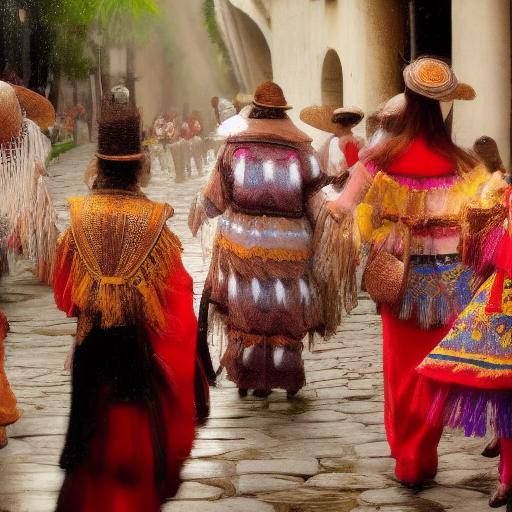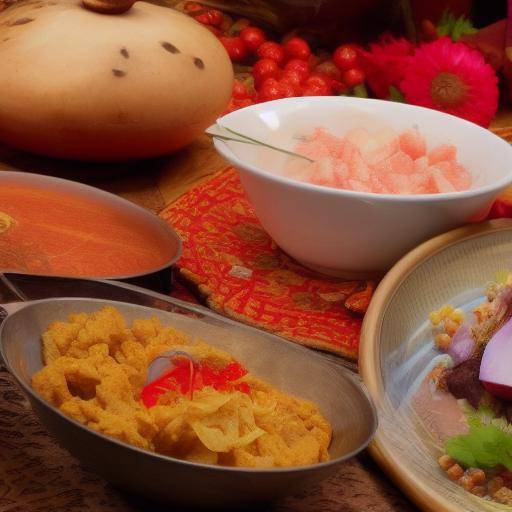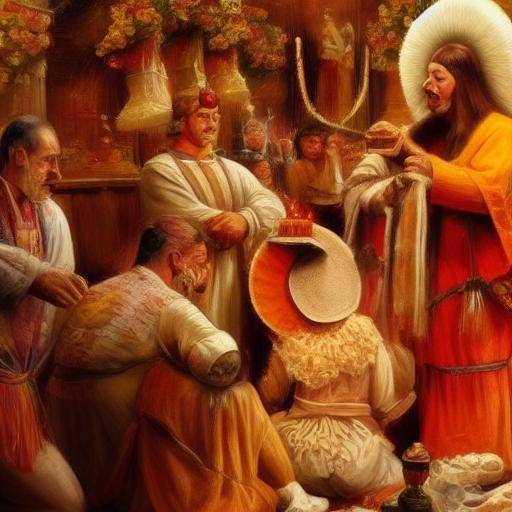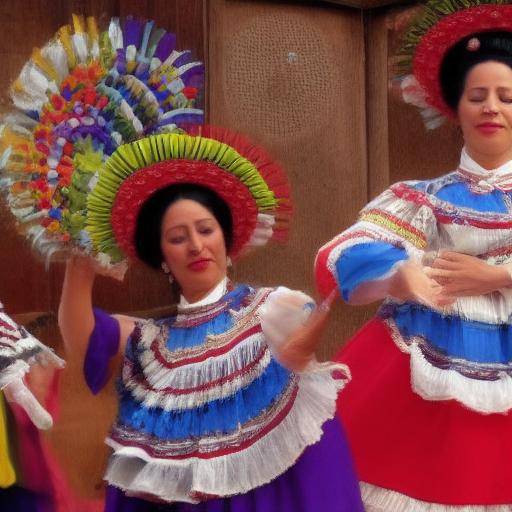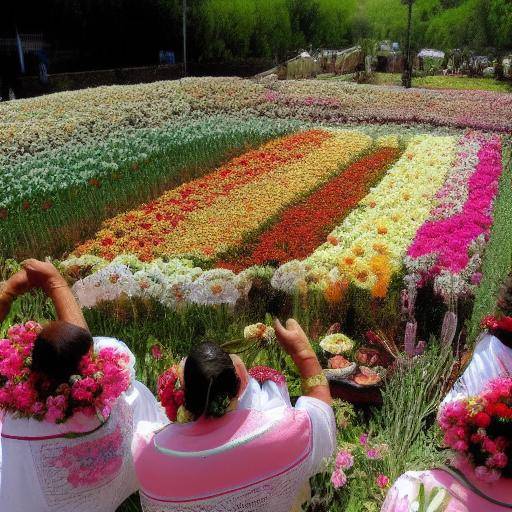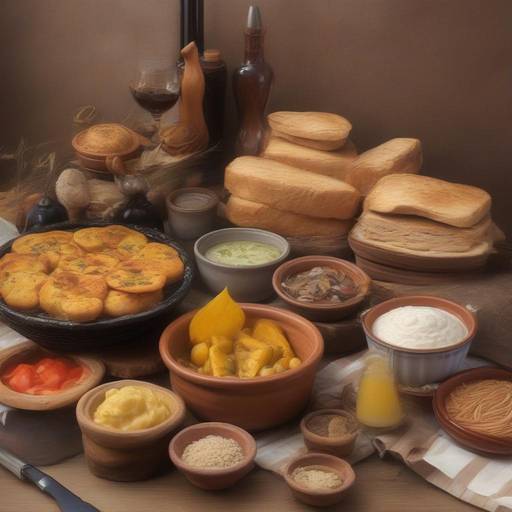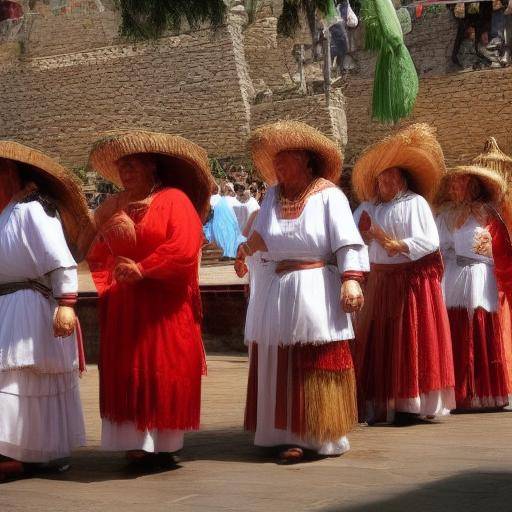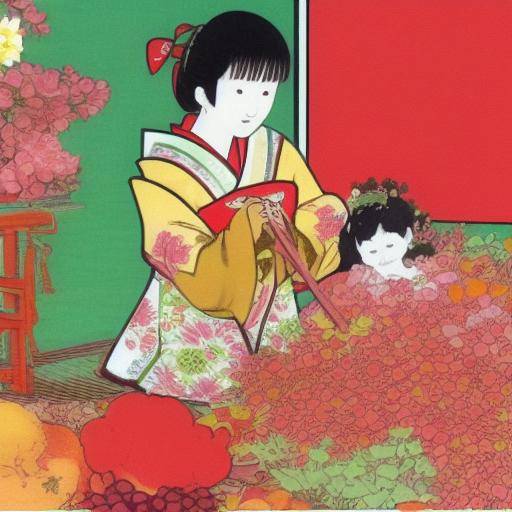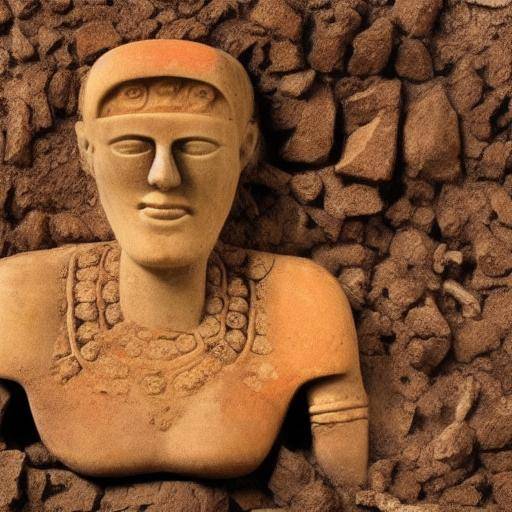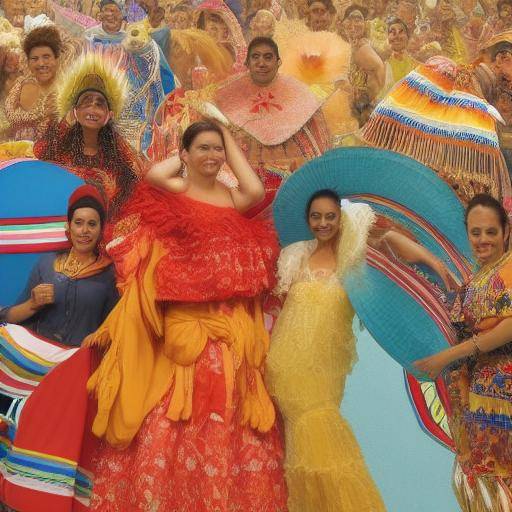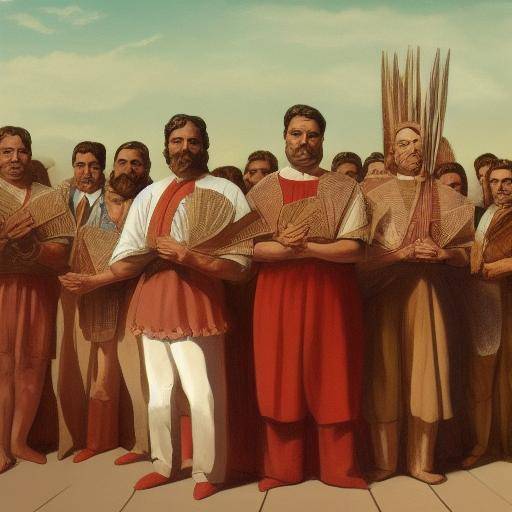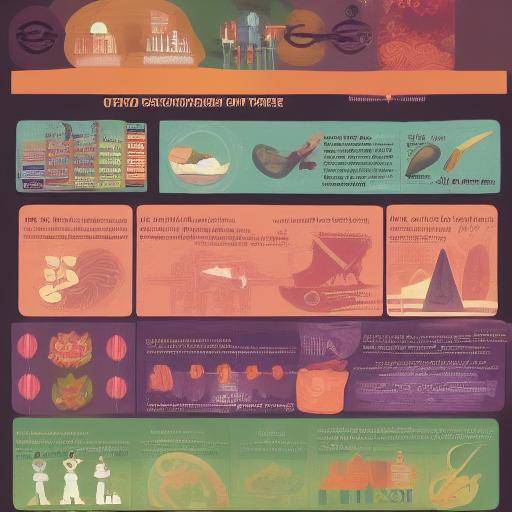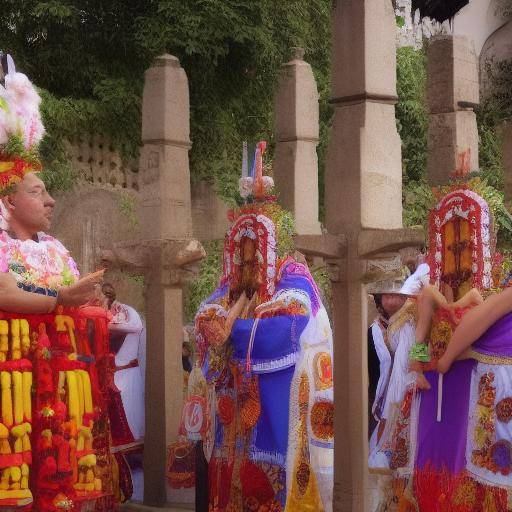
Culinary traditions are a fundamental element in the cultural identity of a people. Through food, values, customs and the history of a community are transmitted. In this article, we will explore the meaning of culinary traditions in different cultures, their historical importance, their impact on current society, and how these traditions reflect the diversity and wealth of our cultures around the world.
Introduction
Culinary traditions are much more than simple recipes and typical dishes. They represent the way people, over time and in different regions, have used the ingredients available to create distinctive flavors that have been transmitted from generation to generation. Culinary traditions are an invaluable cultural heritage that reflects the history, geography, resources and identity of a society. In this article, we will deeply explore how these traditions reflect the cultures and meaning they have in different parts of the world.
History and Background
Culinary traditions have profound historical roots. Since ancient times, civilizations have developed unique culinary techniques based on their natural environments, cultural influences and available resources. For example, Mediterranean cuisine has evolved from the combination of ingredients such as wheat, olive and vine, while Asian cuisine is highlighted by the use of rice, spices and steam cooking methods.
In exploring the history of culinary traditions, it is fascinating to see how cultural exchanges, migration and trade have enriched gastronomic diversity around the world. For example, the arrival of ingredients such as tomato to Europe from Latin America radically transformed Mediterranean cuisine.
Analysis in Deep
Culinary traditions not only offer sensory pleasure, but also play a crucial role in building cultural identities, strengthening social cohesion and preserving historical heritage. In turn, new technologies and globalization are generating significant changes in culinary practices, while posing challenges in preserving traditions in an increasingly interconnected world.
On the other hand, sustainability and cultural diversity have become important themes in the culinary sphere. The preservation of traditional farming methods, the protection of endangered species and the promotion of healthy food are essential aspects that influence culinary traditions today.
Comprehensive review
Culinary traditions also have a major impact on the economy and tourism. Many regions of the world have become popular gastronomic destinations due to their unique culinary traditions. For example, Italian cuisine is not only famous for its delicious dishes, but also promotes a prosperous tourist industry in cities such as Rome, Florence and Naples.
The preservation of culinary traditions is a constant challenge in a constantly changing world. Culinary innovation, respect for gastronomic heritage and the promotion of sustainable practices are critical to ensuring the continuity of these traditions over time.
Comparative analysis
Each culture has particular culinary traditions that reveal its unique identity. From the elaboration of mezcal in Mexico to the ceremonial Japanese tea, these culinary practices reflect not only the flavors and textures, but also the history, spirituality and symbolism of each culture. Despite differences, they all share the fundamental aspect of joining people around a table and providing a sense of belonging.
Practical Tips and Accessible Tips
If you want to immerse yourself in the culinary traditions of different cultures, we recommend exploring local markets, learning to cook traditional dishes, and participating in gastronomic events that celebrate culinary diversity. In addition, supporting small producers and local farmers is a practical way of preserving culinary traditions and promoting sustainability.
Industry Perspectives and Expert Reviews
According to experts in gastronomy and culinary anthropology, culinary traditions play a crucial role in preserving cultural identity and gastronomic diversity. The global spread of these traditions through ethnic cuisine and the opening of authentic restaurants contributes to enriching the gastronomic offer worldwide.
Case Studies and Real Life Applications
A notable example of the influence of culinary traditions in contemporary society is the rise of molecular gastronomy, an avant-garde current that merges science and cuisine. Although this trend represents an innovation in gastronomy, it also challenges the culinary traditions established by seeking new ways to present and experiment with food.
Future Trends and Predictions
The future of culinary traditions seems promising, with a renewed interest in the preservation of traditional methods, respect for sustainable practices and the rediscovery of indigenous ingredients. It is hoped that there will be a greater focus on authenticity and the transmission of culinary knowledge to future generations, thus ensuring the continuity of these valuable traditions.
Conclusions
In short, culinary traditions play a key role in preserving cultural identity, social cohesion and promoting global gastronomic heritage. Through food, people not only meet their physical needs, but also celebrate their cultural heritage, strengthening community ties and enriching the global gastronomic landscape.
Frequently asked questions
What role do culinary traditions play in preserving cultural identity?
Culinary traditions are a fundamental pillar in the preservation of cultural identity, as they reflect the history, values and diversity of a society through food.
What is the importance of culinary diversity in the contemporary world?
Culinary diversity enriches the gastronomic landscape, promotes tolerance and intercultural understanding, and contributes to sustainable development.
How can culinary traditions be preserved in a globalized environment?
The preservation of culinary traditions in a globalized world requires the promotion of sustainable practices, the valuation of local ingredients and respect for traditional cooking techniques.
What is the impact of globalization on culinary traditions?
Globalization has generated culinary exchanges around the world, promoting gastronomic mestizaje and the emergence of new forms of cuisine that merge traditions from different cultures.
How can I learn more about the culinary traditions of different cultures?
Exploring local markets, participating in gastronomic events and learning to cook traditional dishes are excellent ways to immerse yourself in the culinary traditions of different cultures.
What are future trends in culinary traditions?
A greater focus is expected on authenticity, sustainability and preservation of traditional cooking methods, as well as the rediscovery of indigenous ingredients and the transmission of culinary knowledge to future generations.
In conclusion, culinary traditions represent much more than simple recipes; they are living expressions of cultures and the history of each society. Their preservation and promotion not only enrich our tables, but also strengthen our identity and increase appreciation for the cultural diversity that surrounds us.



